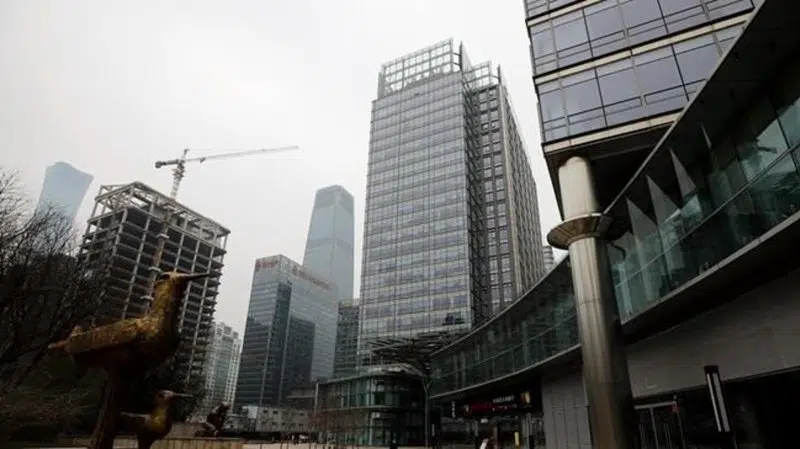
Virus outbreak chills markets, outlook for global economy
FRANKFURT — The widening coronavirus outbreak threatens to seriously disrupt the global economy, just as it was steadying itself against headwinds from the U.S.-China trade dispute.
Amid concerns that global output could decline for the first time since the global financial crisis a little more than a decade ago, stock markets sank Monday. In one sign of how sentiment has been negatively hit, gold spiked 1.8% to $1,688 an ounce, its highest level in seven years, as traders sought out financial assets some consider safer in times of stress.
On Wall Street, the Dow Jones was down more than 900 points during early afternoon Monday trading, while in Europe, the pan-European Stoxx 600 slid 3.6% after an eruption of cases in Italy. Cases were also reported in new countries in the Middle East.
“Compounded with the already dramatic interruptions to global supply chains in China, traders fear that a rapid spread of the disease to other major economies could be enough to temporarily tip global economic growth into contraction in the first half of the year,” said Matt Weller, global head of market research at GAIN Capital.


